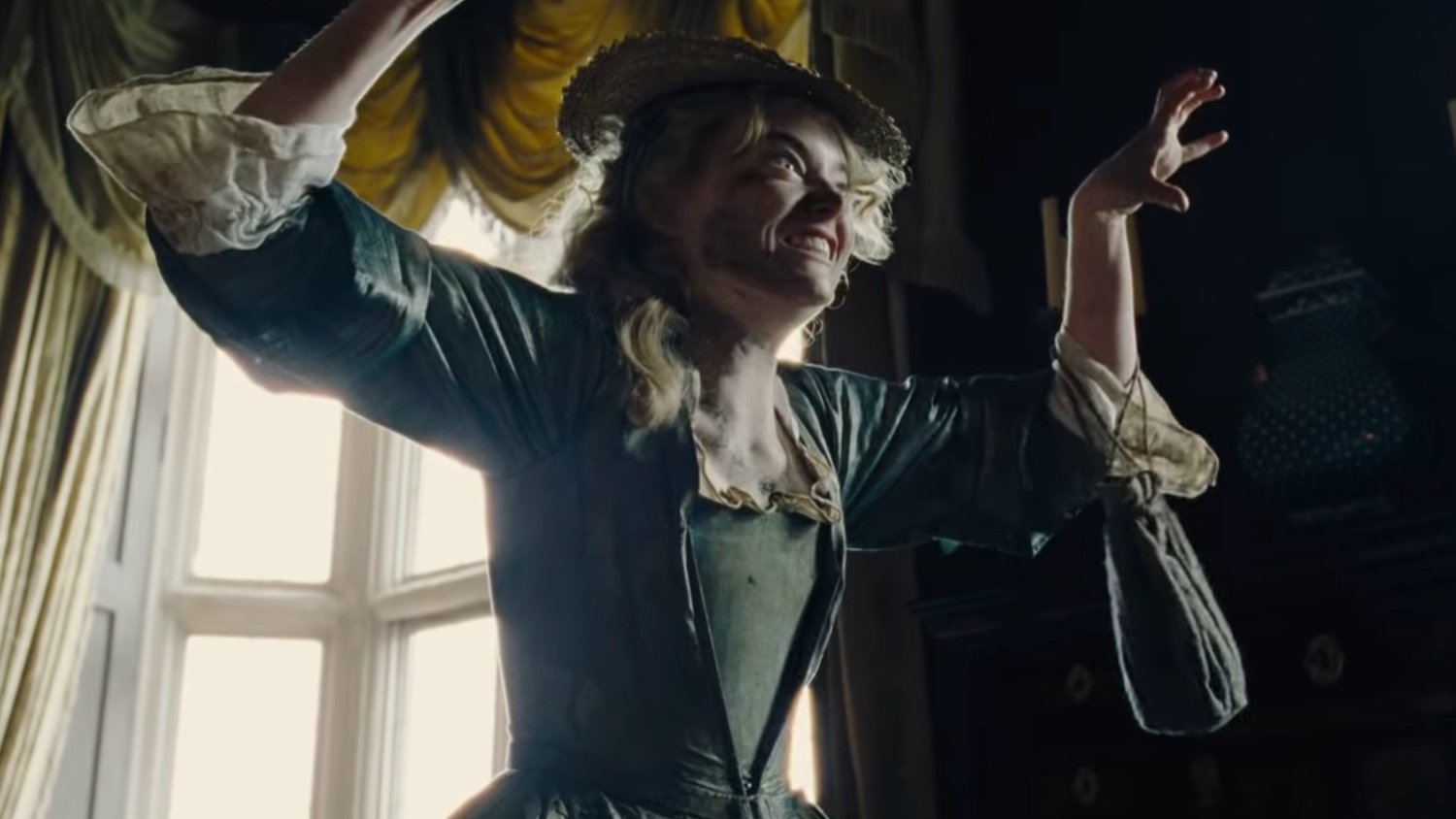Now, Then.
For many, if British cinema isn’t found on a Council estate then its only other residence will be a country estate sometime in the past…

We look back on the whale bone tightened summers gone by through two alternate lenses. One familiarises, the other estranges. The past is either a foreign country, unreachable and unknowable, full of strict social rules and buried passions or instead it is delightfully just like now full of sexy messy people just unbuttoning better dresses. Neither view is truer. Both can be used to surprise, to refresh, to question or to comfort, to smooth and to simplify.
For instance the first season of “The Crown” highlights Elizabeth’s transformation into a person not normal. It is vital as a result. However I found the second eventually falls back on the comforting idea that despite the sheer preposterousness of their existence, the royals of then are really just ordinary like you now. But whilst that idea diminishes their story, the same theme becomes livid and compelling in “Lady Macbeth” which details how a teenage girl in the 18th century would have been not so very unlike a teenage girl now.
Of course both conceits are actually always true, simultaneously. If you really want to understand the actions of people from the past you have to constantly remember that they are always the same and not the same as you are today, all at once. A rare film that draws its energy from attempting to balance both ideas is the favourite historical movie of the moment. The personal and political politics of Queen Anne’s court are often presented in “The Favourite” as both unfathomably archaic and startlingly modern. Lanthimos grotesques both, the characters are more modern and their problems more arcane than any audience would believe as pure fact but he juggles both ideas to underpin the film’s queasy insanity.

“The Favourite” is also a story of imprisonments. It presents a claustrophobic world full of traps. Again the tension between the foreign and native is key. The social strictures that bind the characters together are arcane but expressed as modern agonies. This gets to the heart of how historical story telling works. The dichotomy of such stories is that whether you wish to escape from the past or to it, you can’t. This cannot be your life but neither can you live a life disconnected from these stories, these people.
But the real choice for a filmmaker is whether to comfort or confront. Hilary Mantel, who knows something of writing about the past, once noted how often we infantilise historical characters. She suggests rendering Henry VIII as a messy eating toddler chucking bones over his shoulder is to comfort ourselves with our contemporary maturity. “The Favourite”, for all its monstrous rabbits, is not a film about grief or about women in power. It is not a film driven by mature emotions. Instead it is a morality tale about the corruptions of power in which its powerful women are always bound up in affairs of the heart rather than those of state. As is so often the case in successful British films about the past, the problems remain other people’s.
